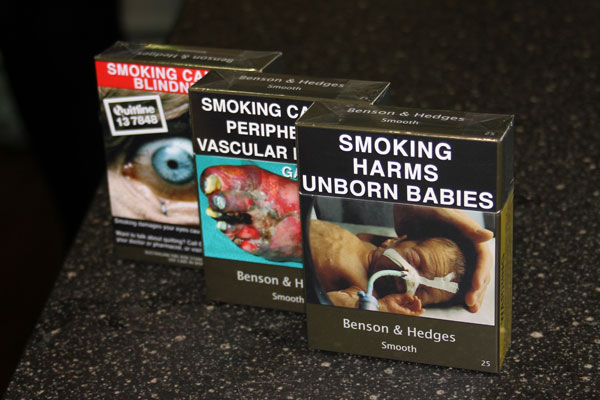Standardized tobacco packaging has been adopted in eight countries and is under consideration in at least 15 others, according to the Framework Convention Alliance (FCA).
In July, Norway joined Australia, France and the UK as countries that had implemented standardized-tobacco-pack regulations, the FCA said, while Hungary, Ireland, New Zealand and Slovenia had set dates for requiring cigarettes to be sold in such packs.
Ireland was set to implement regulations at the end of this month, and, while Hungary’s law required cigarette manufacturers to use standardized packaging from May 20, 2018, any new brands launched after August 20, 2016, have been required to be sold in standardized packs.
At the same time 15 other jurisdictions had taken formal steps toward requiring standardized tobacco packaging.
The introduction of standardised tobacco packaging, the FCA said, comprised one of the recommendations within the World Health Organization’s Framework Convention on Tobacco Control (FCTC).
Countries were said by the FCA to have committed to standardized packaging despite predictable, costly legal challenges from the tobacco industry.
The Australian government, which, at the end of 2012, had become the first country to require standardized tobacco packaging, was said to have faced multiple lawsuits from Philip Morris: lawsuits brought both within the country and via an international investment agreement. The government won them all.
And earlier this year it had been reported that the World Trade Organization had rejected a challenge to Australia’s law as an illegal barrier to trade. A final ruling was expected soon.
In May last year, a UK High Court had rejected a tobacco industry lawsuit against standard packaging. The judge had found that the industry largely “ignores or airily dismisses the worldwide research and literature base which contradicts evidence tendered by the tobacco industry; and, is frequently unverifiable”.











